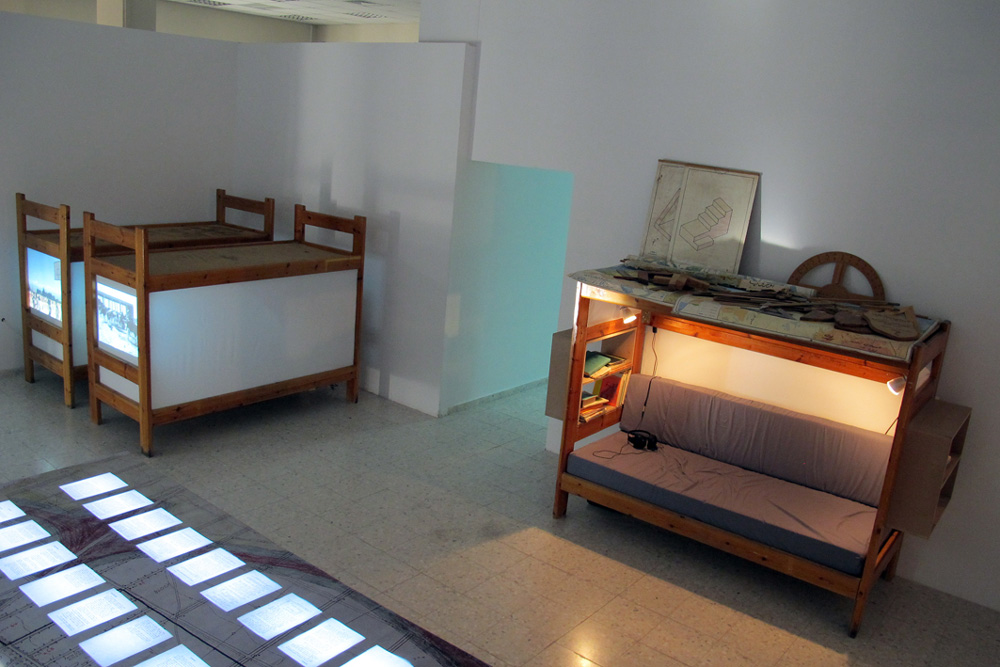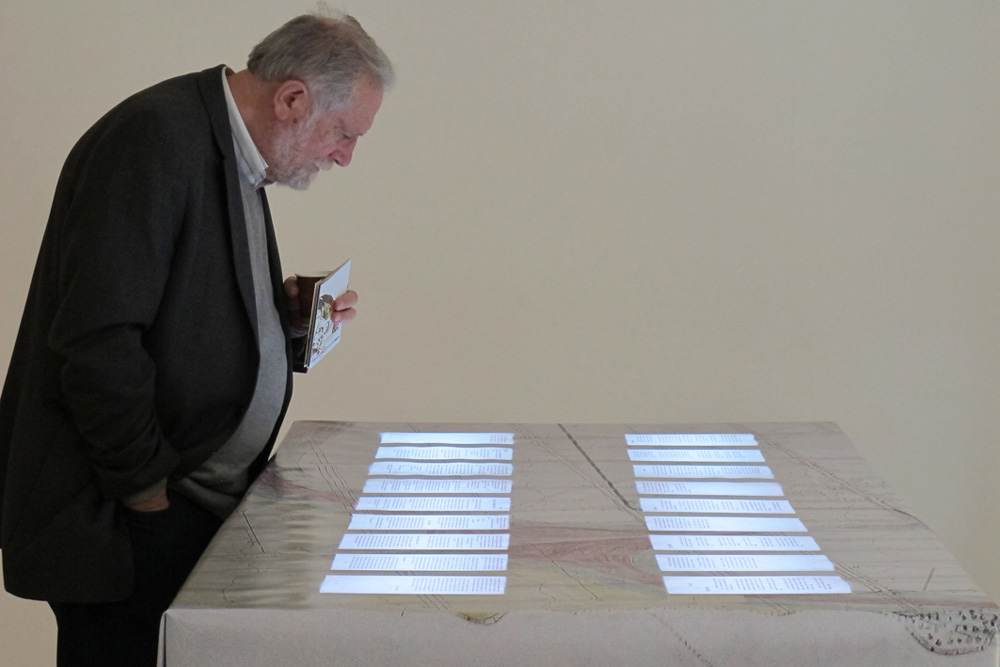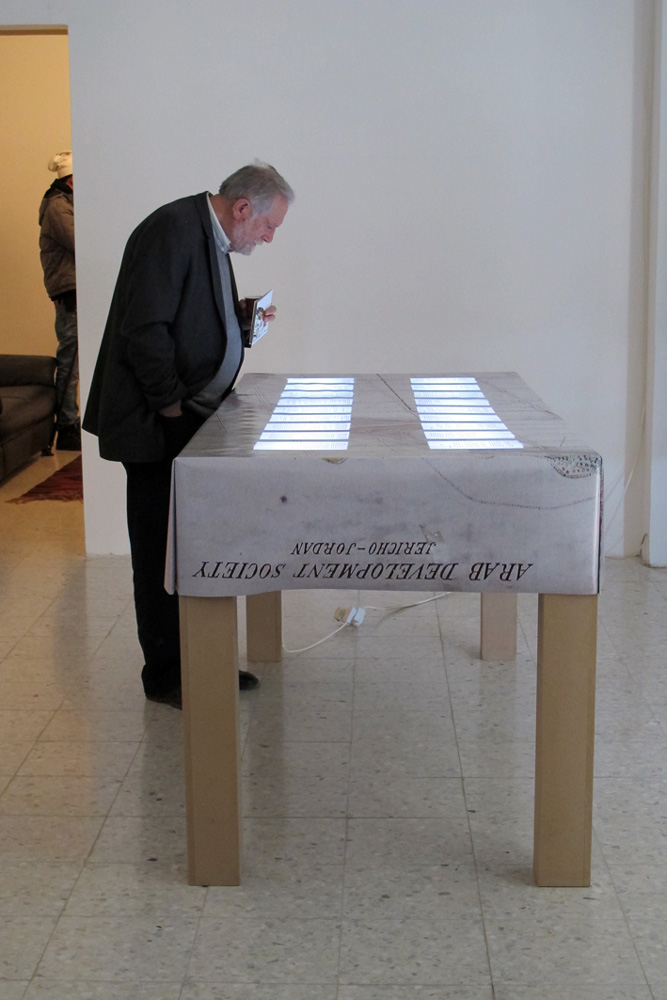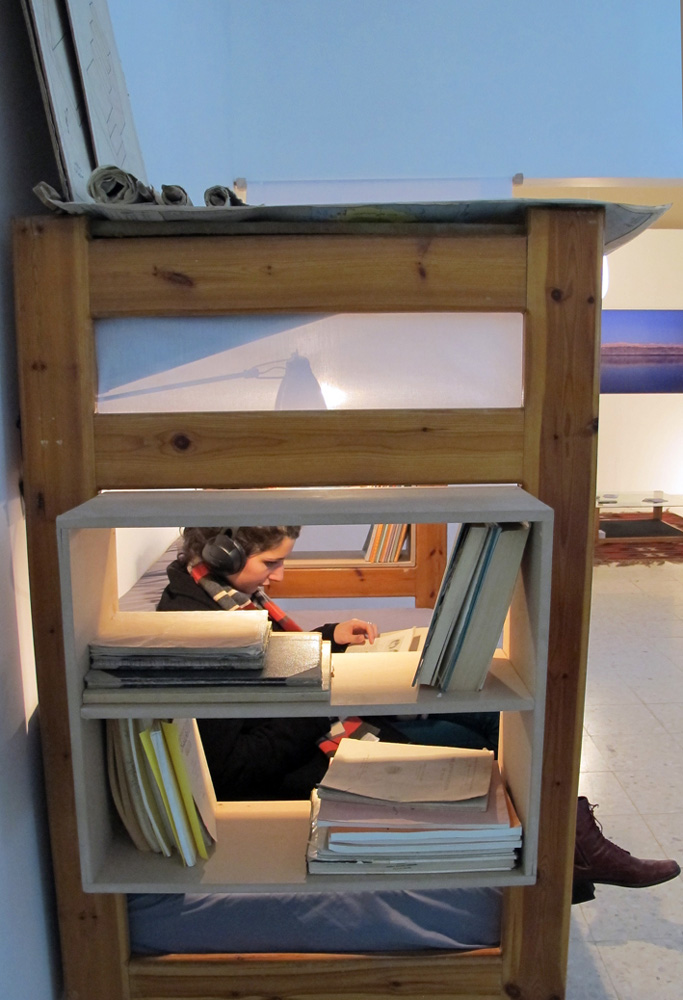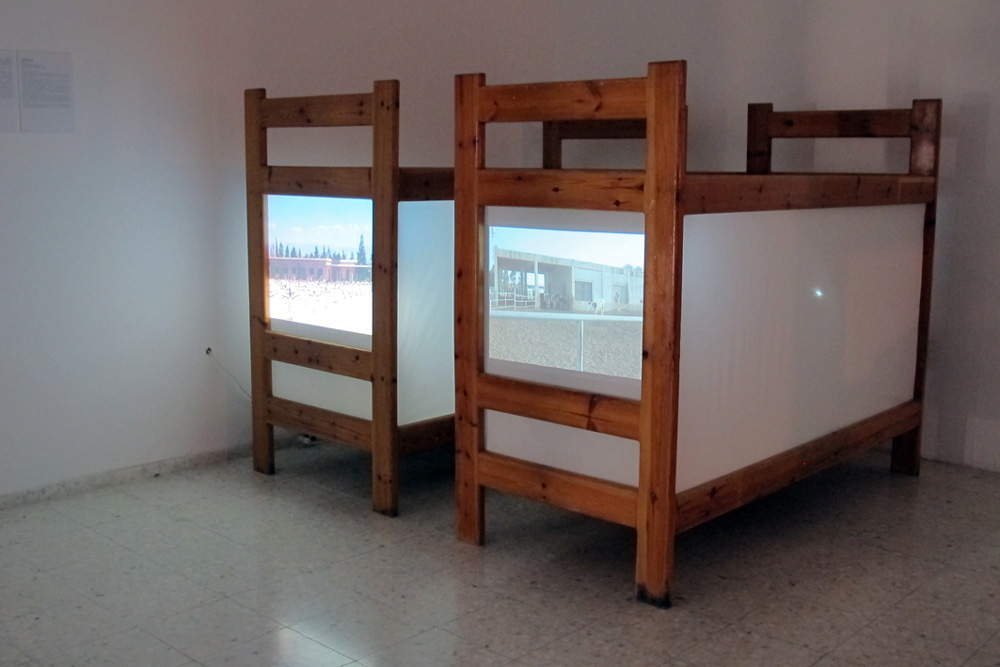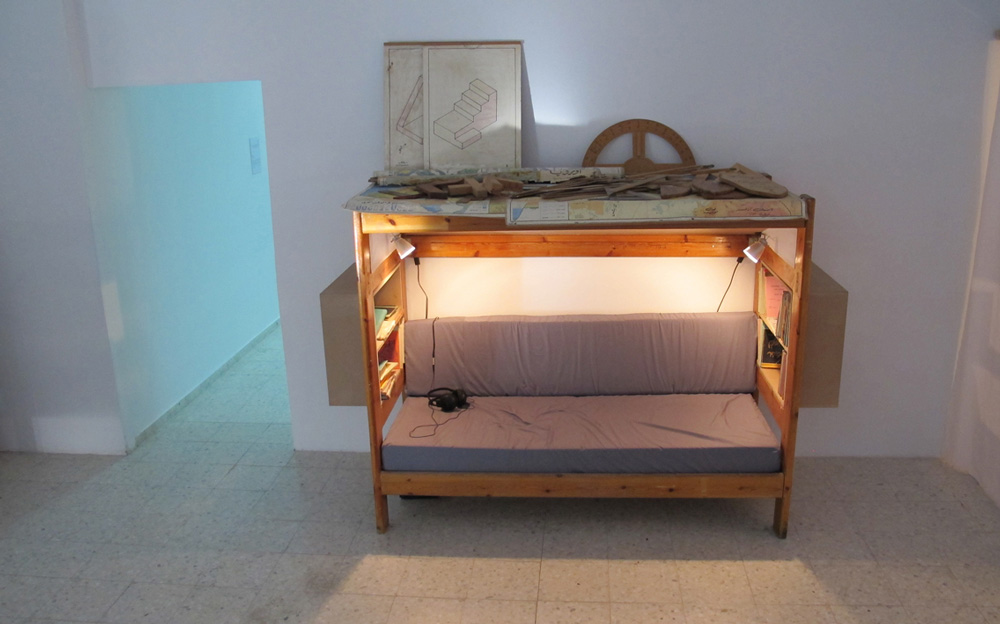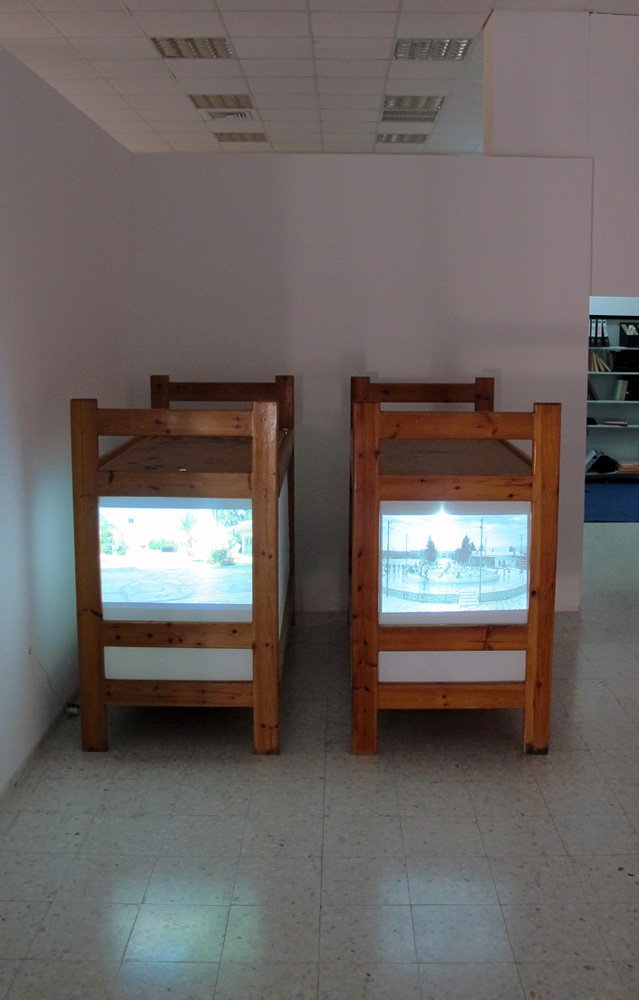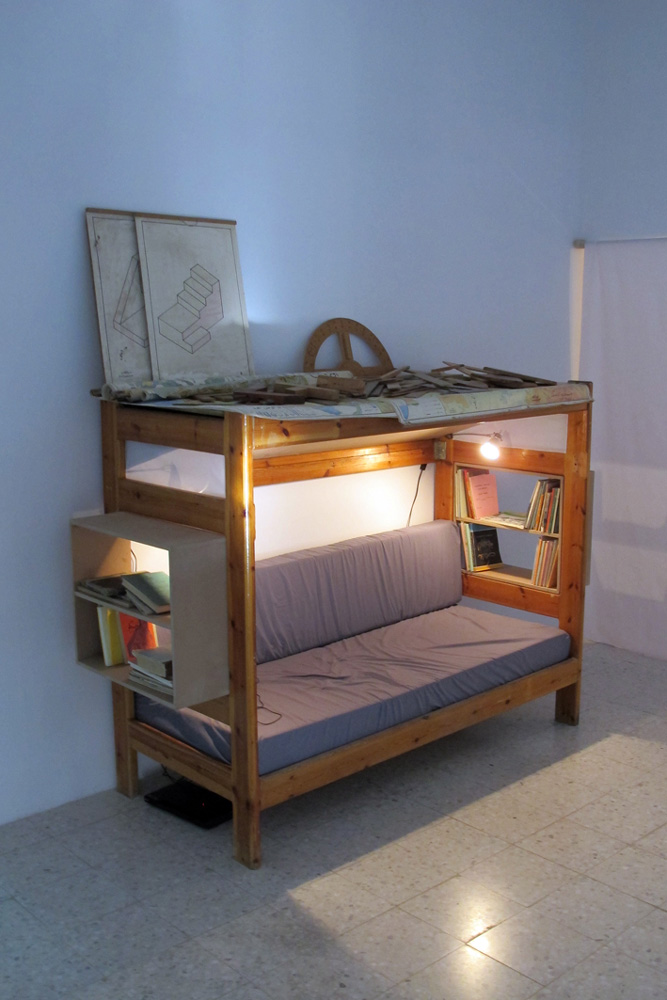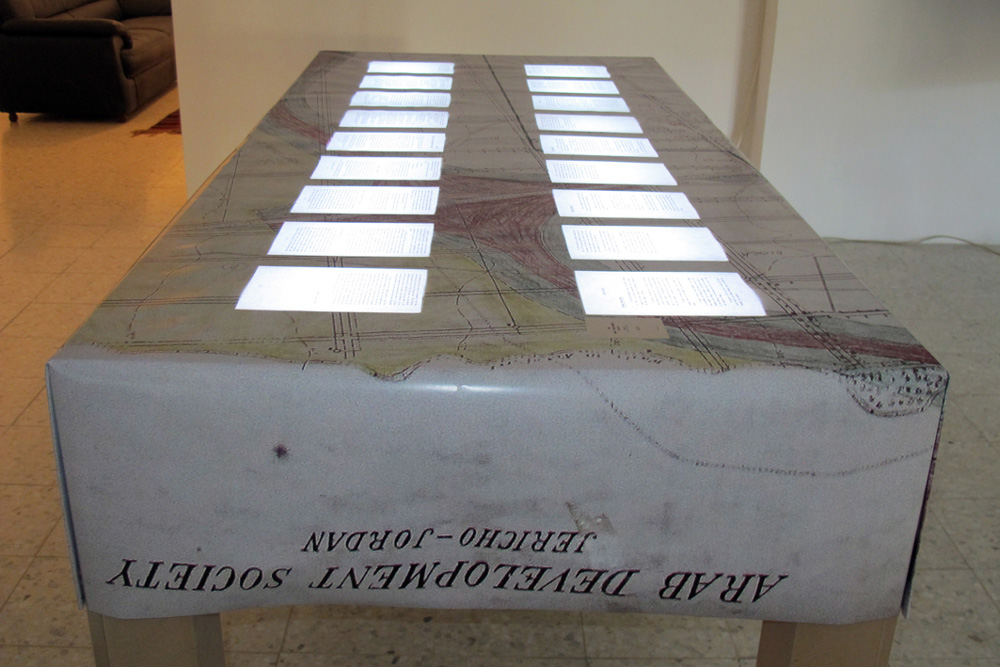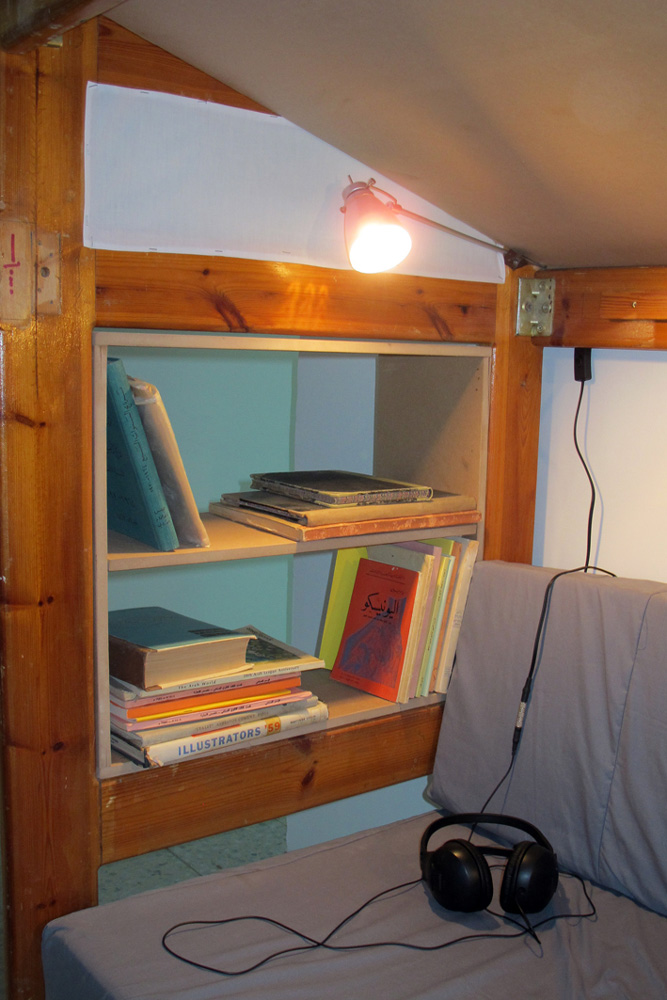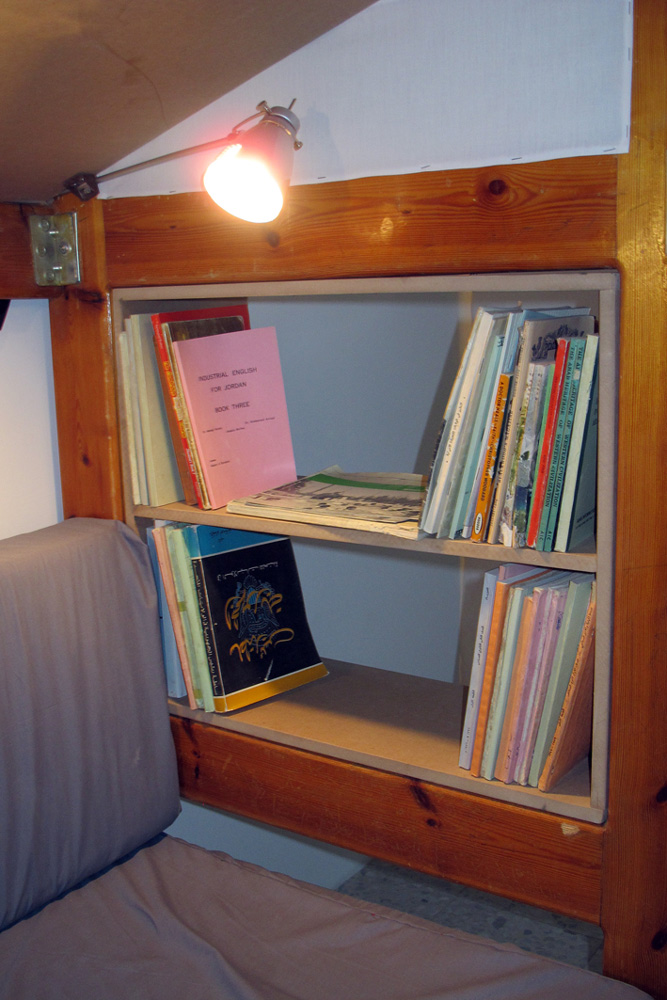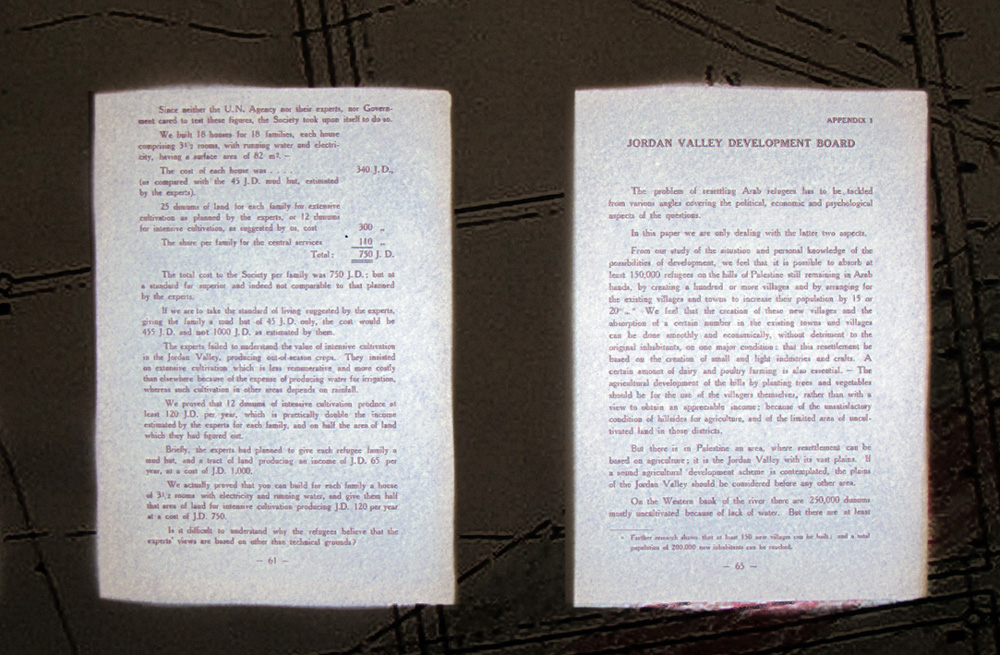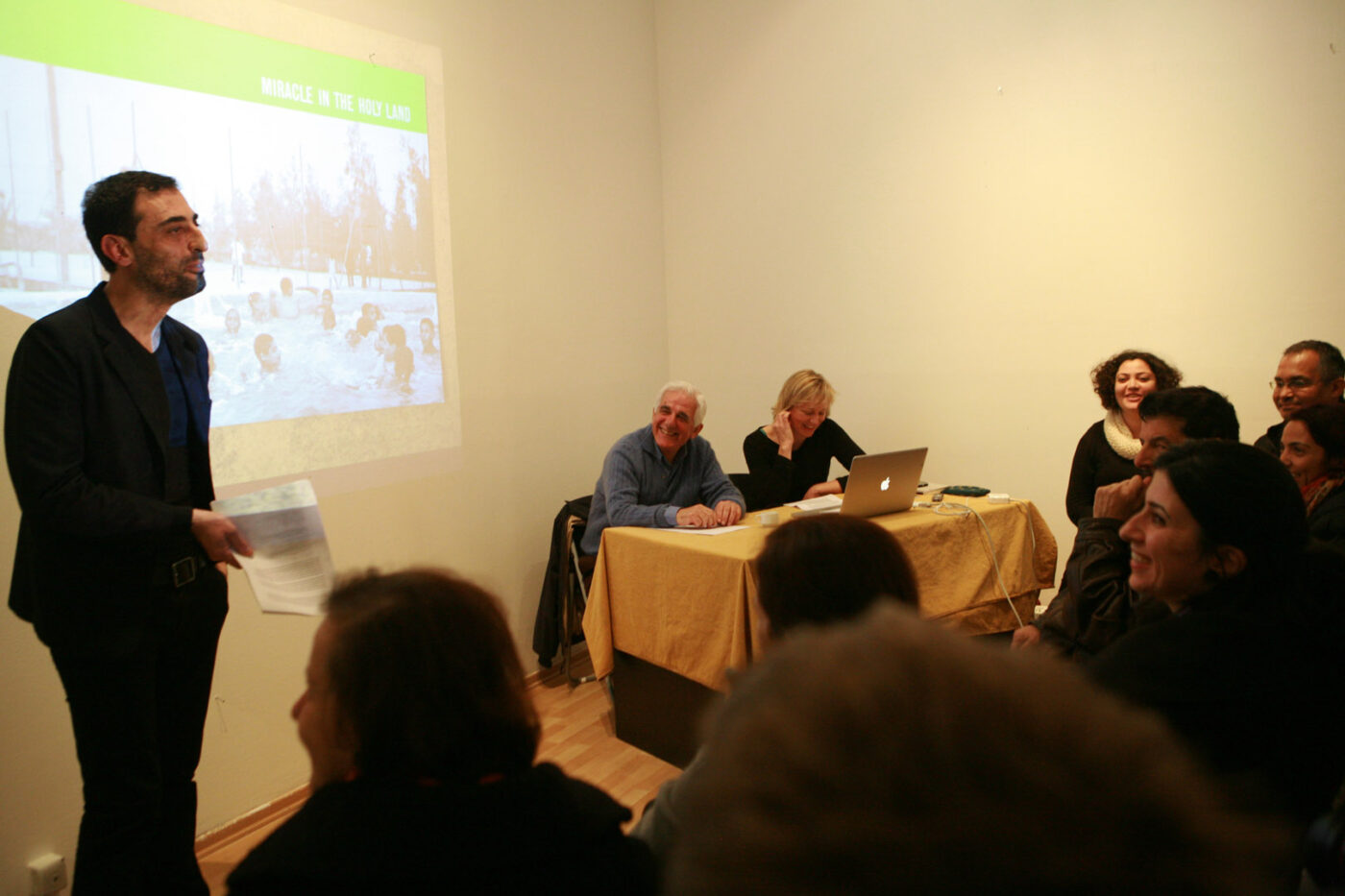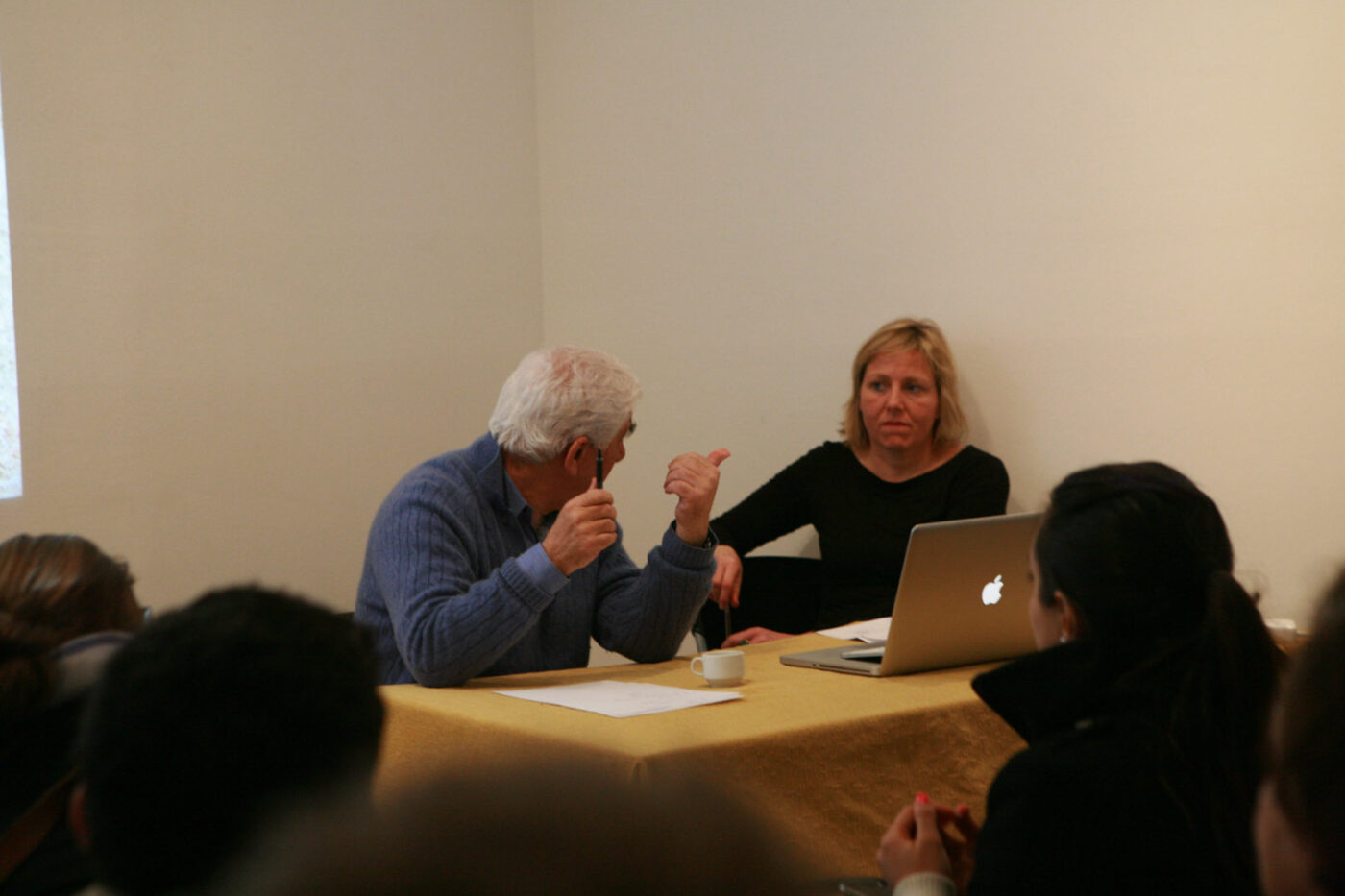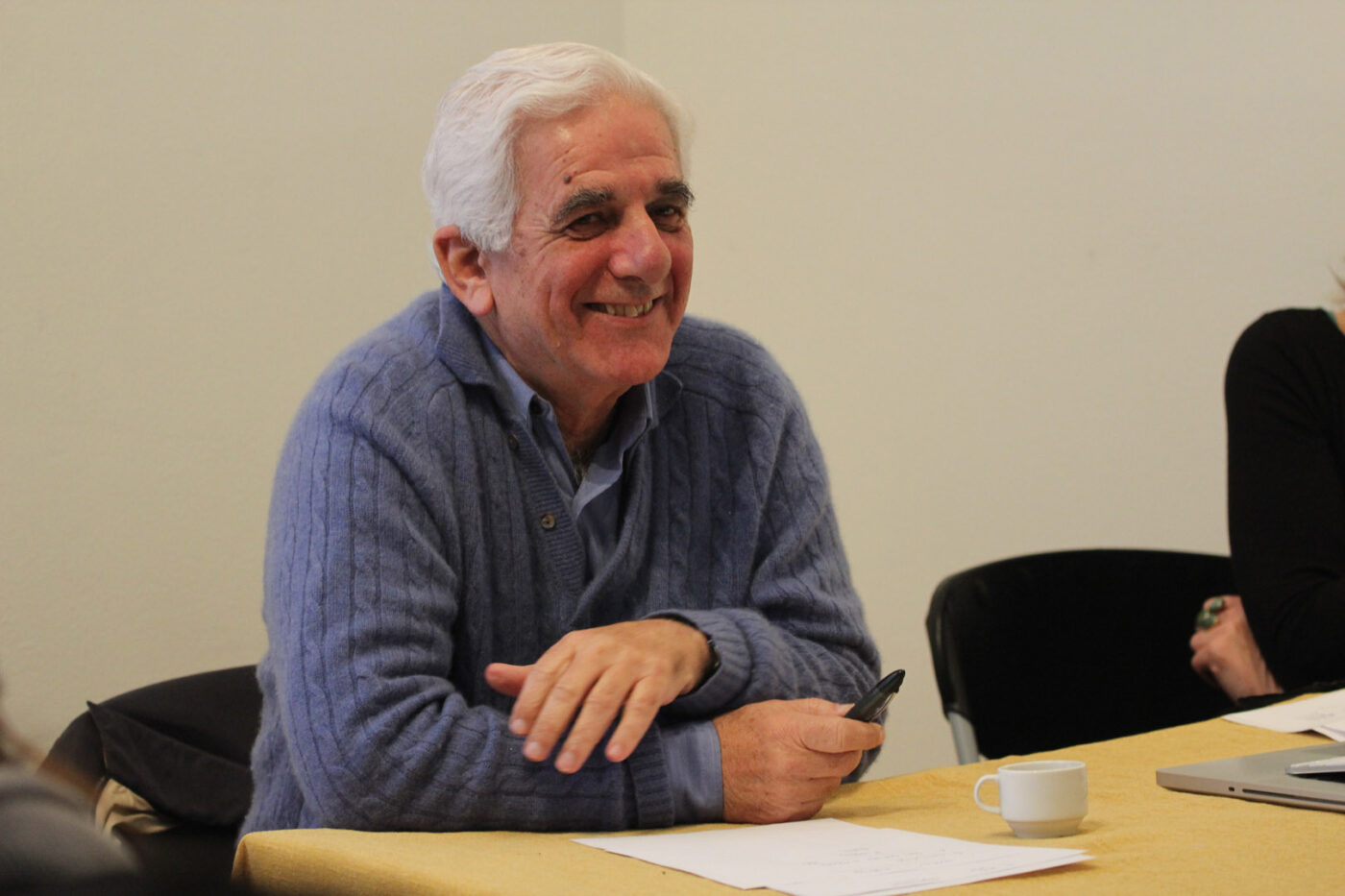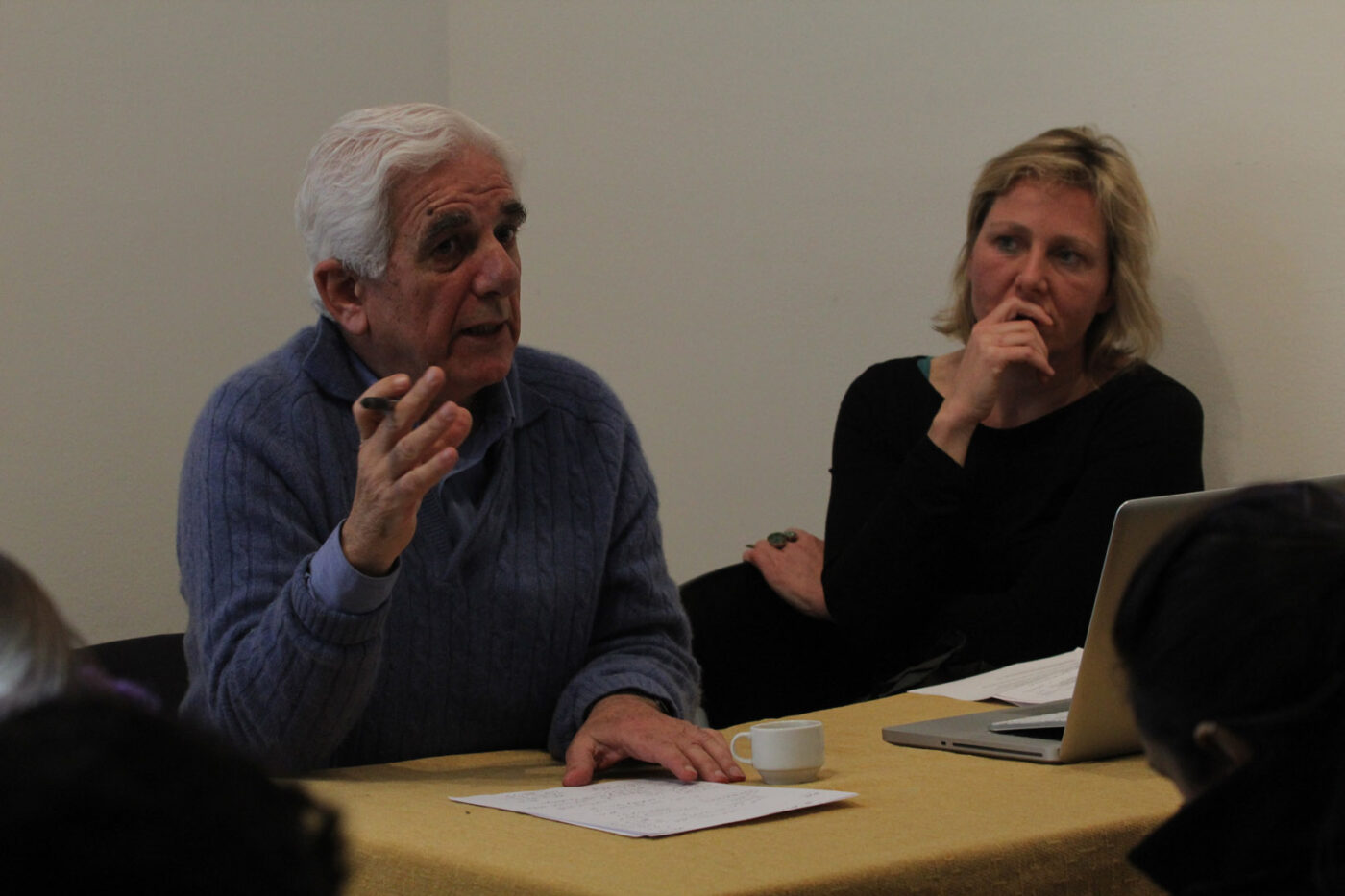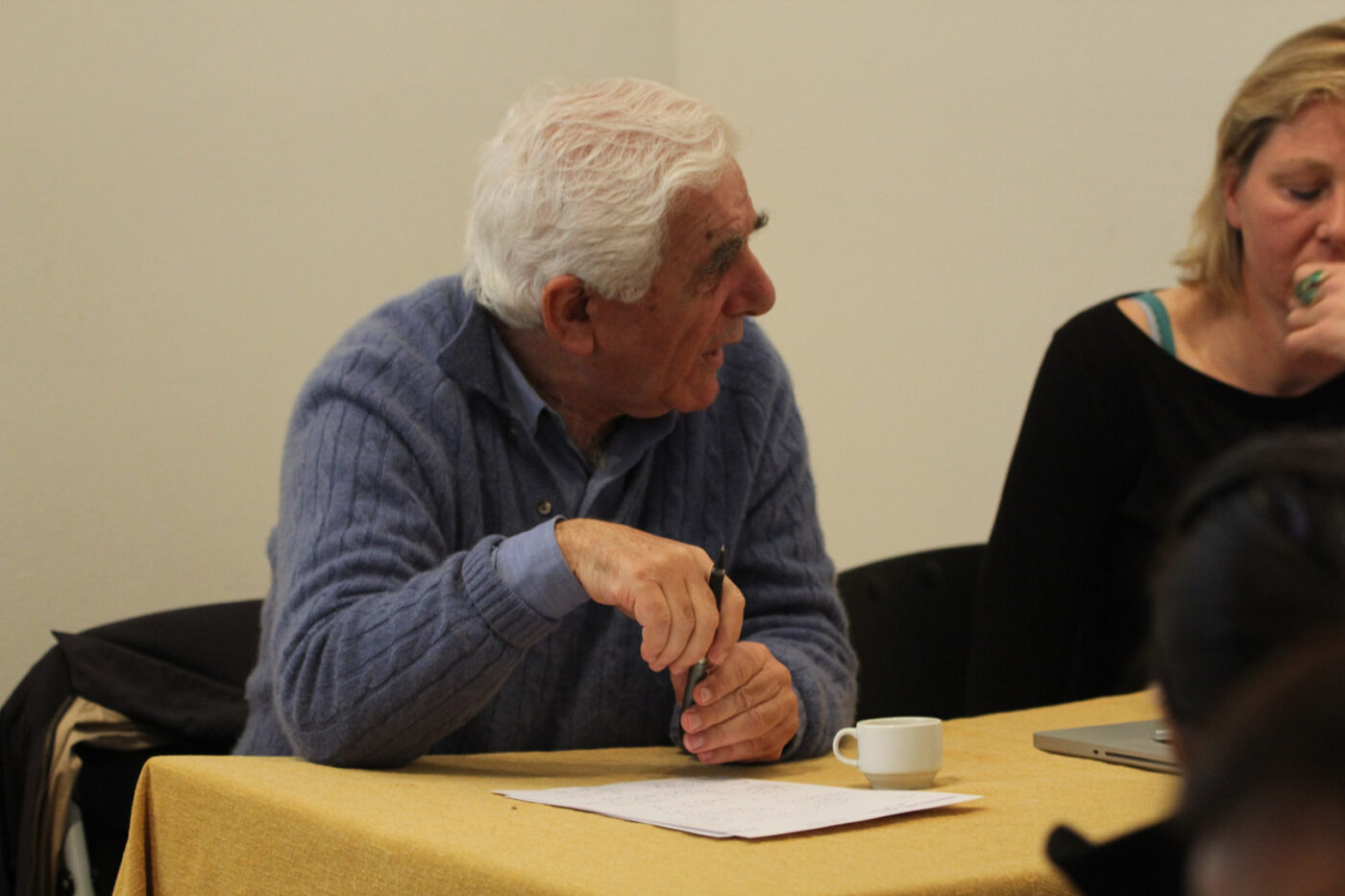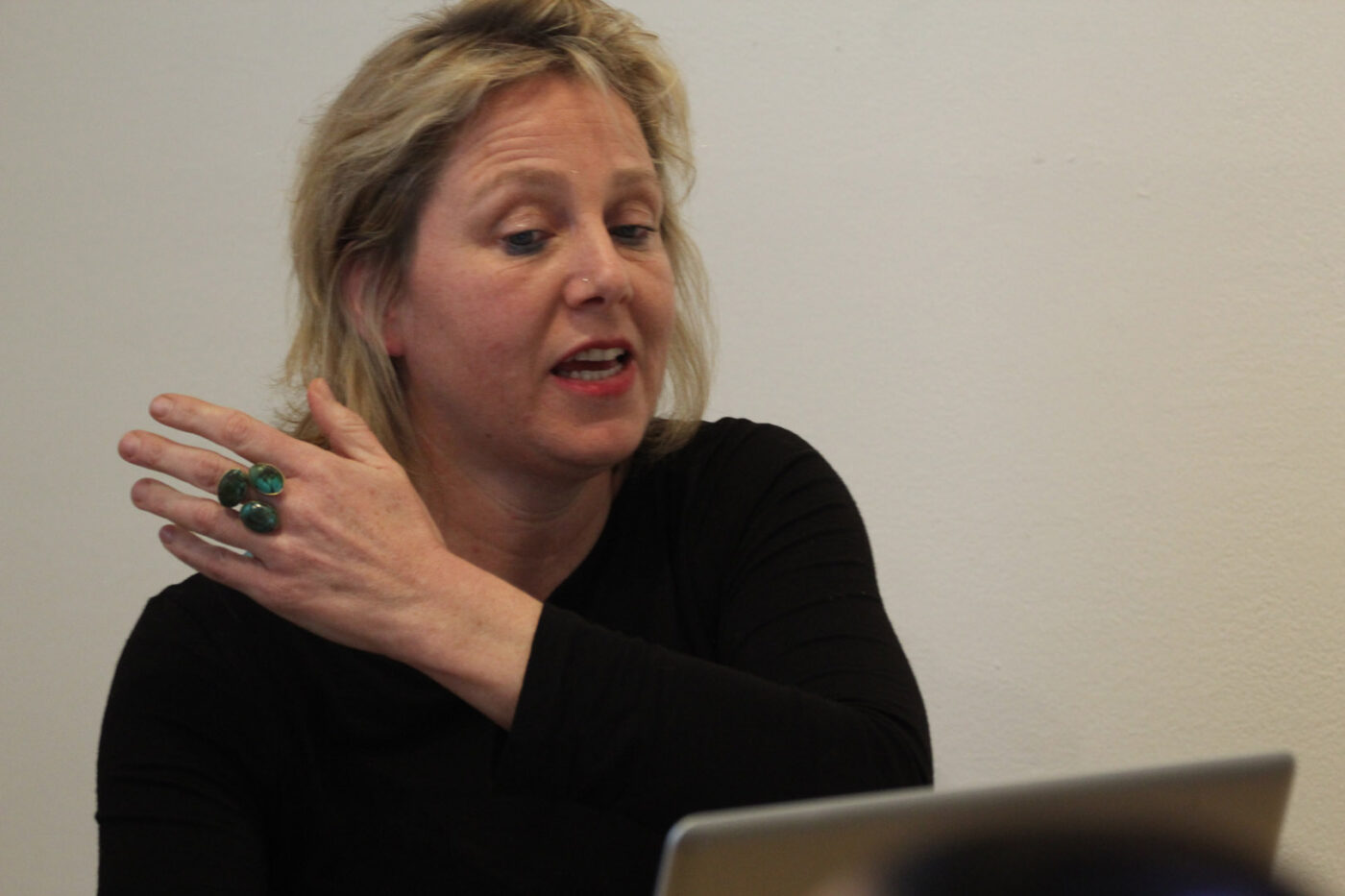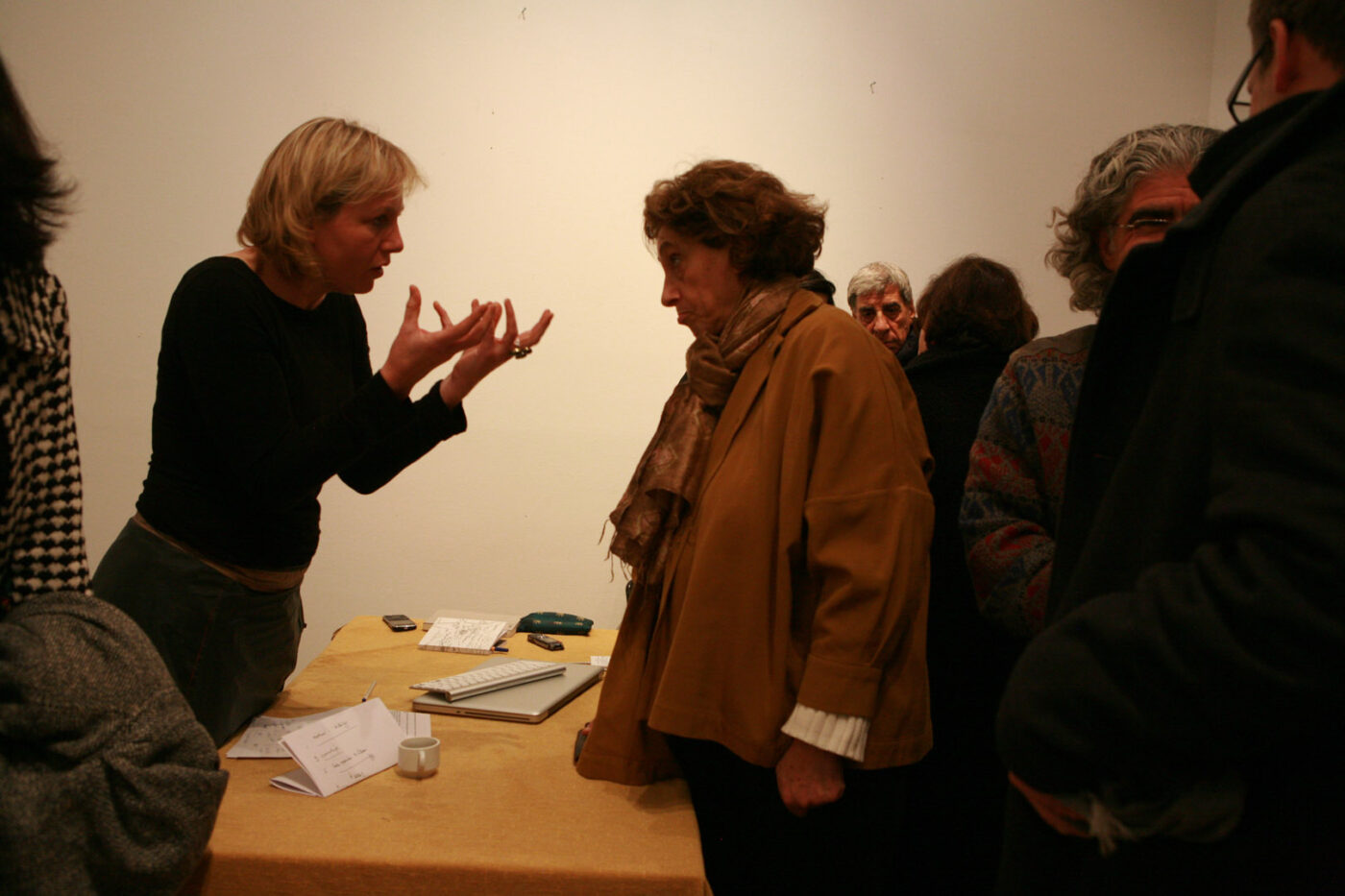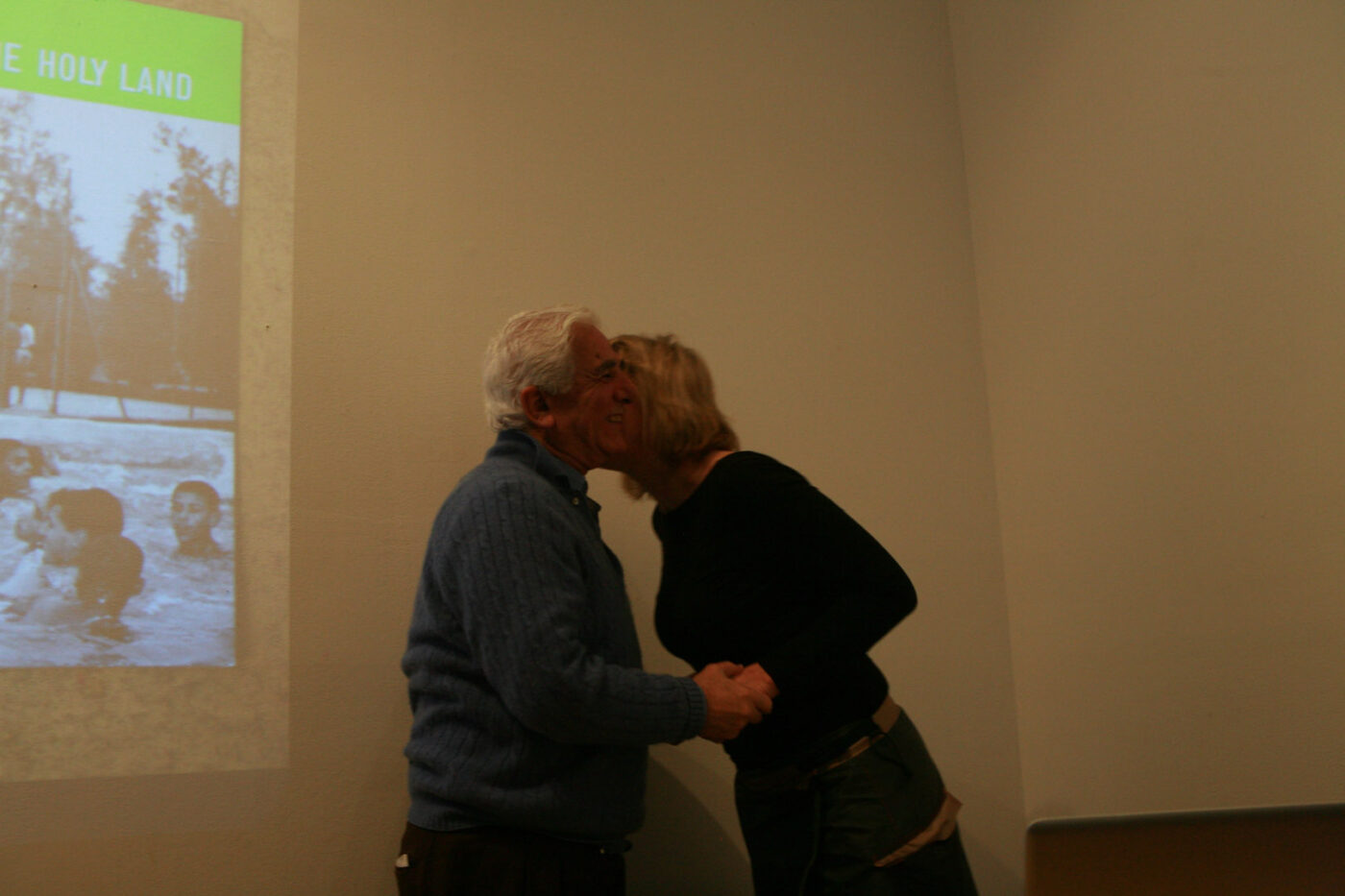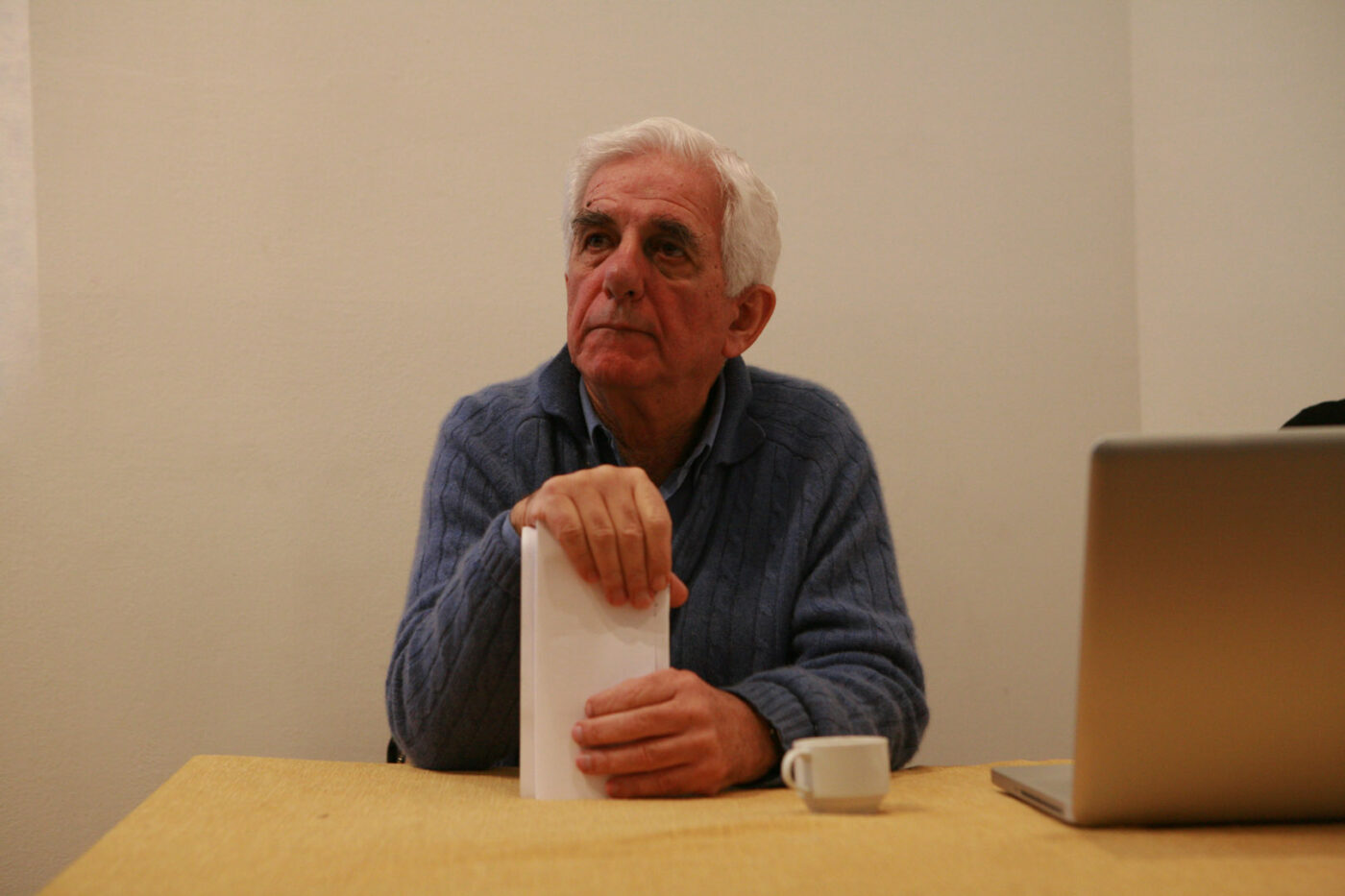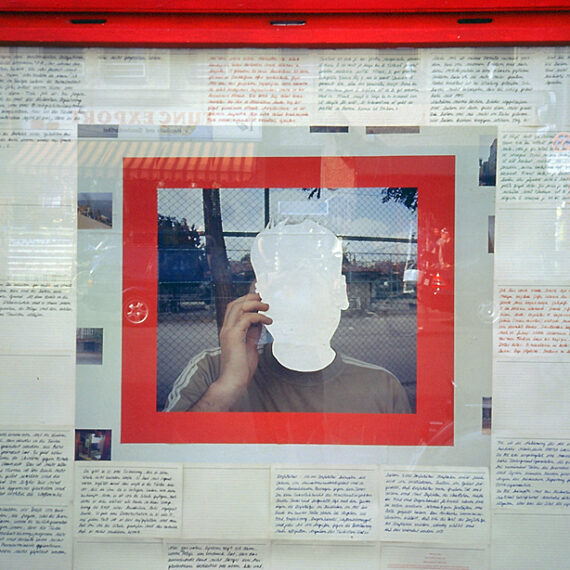Fotos © Susanne Bosch and Sophie Knauerhase, 2013
Change Makers
English
Change Makers
Für das Kunstprojekt ‚Jericho – beyond the celestial and terrestrial’, kuratiert von Yazid Anani und Vera Tamari
Juli 2012 – Januar 2013
4. Folge der Cities Exhibition Serie, initiiert vom Birzeit Museum, Palästina (Inass Yassin, Yazid Anani, Vera Tamari) mit Sarah Beddington, Susanne Bosch, Iyad Issa, Shorouq Harb und Samah Hijawi
Cities Exhibition war ein Prozess in drei Schritten:
1. Forschung und Logbuch, 2012
2. Öffentliche Intervention, 2012
3. Museumsausstellung und öffentliches Seminar, 2013
„Im Laufe der Geschichte war die Landschaft von Jericho immer ein Spiegelbild der kosmologischen Untersuchung der Beziehung zwischen Menschen und Gottheiten; eine unendliche Sehnsucht nach Verbindung mit dem Unendlichen und Ewigen. Mythos, Religion, Philosophie und Wissenschaft wurzeln alle in der Interpretation der Erschaffung des Kosmos aus dem Chaos.“ Aber Jericho ist auch ein zeitgenössischer Ort und eine Grenzstadt zu Jordanien. Was ist das heutige Narrativ dieses Ortes?
Die Recherche für die Städteausstellungen – 4. Folge fand im Sommer 2012 statt. Im Oktober 2012 erschien ein Logbuch über die Forschung zu Jericho mit Beiträgen von Inass Yassin, Yazid Anani, Vera Tamari, Sarah Beddington, Susanne Bosch, Iyad Issa, Shorouq Harb und Samah Hijawi. Im Herbst folgten fünf Interventionen, im Januar 2013 eine Ausstellung im Birzeit Museum, Birzeit, Palästina sowie ein Seminar in The International Art Academy Ramallah.
Changemakers
Multimedia installation at Birzeit University Museum, January to April 2013. Curated by Yazid Anani. The five artists are: Iyad Issa, Samah Hijawi, Sarah Beddington, Shuruq Harb, Susanne Bosch. 4th Edition of Cities Exhibition, Birzeit University Museum, 2012 – 2013. In consultation with Vera Tamari the founder of Cities Exhibition. Images @ Hanna Safieh and Susanne Bosch. With film footage and material generously given for the installation by the ADS, Jericho.
The artistic installation looks at the strategies of transformation and creation of a civil society that The Arab Development Society (ADS) originally committed to in its beginning in the 1950s. The incentive behind the plan was the idea of a joint, collaborative, social action to transform the Palestinian civil society.
Through fieldwork, exploration of the archive and dialogue, the artist explored the current and past thought process and design of ADS as act of collective learning, spatial inhabitation and cultivation as well as its forms of narrations through various periods.
In 1945, a strategic plan was developed by Musa Alami[1] and others to improve live in Palestinians villages with “the object of raising the social, economic and educational standards of Arab villages in Palestine.”[2] The Arab League approved the plan “to strengthen the fallah, to rid them of depth and thereby save the lands from being lost to money-lenders and to fall into alien hands.” In 1948, the course of history in the region transformed the plans and lead the need not only “to raise the standard of existing villages, but to create the very conditions of an ordered and settled life”[3] for ten thousands of refugees.
Purchasing land in the Jordan Valley and finding water in the desert in 1948 led to the foundation of a non-profit organization; an agricultural school and experimental farm in Jericho to provide training for the Palestinian refugee population. Musa Alami ran the ADS jointly with a board until his death in 1984. The educational vocational training center that provided skills and education for several generations and thousands of Palestinians closed in the 1990s due to various reasons.
2012: ADS still exists [4] and remains as dairy, date and fish farm which provides large parts of the West Bank with their local products. 65 people work on the farm and 21 families still live on the large and generously designed territory.
Jericho – beyond the celestial and terrestrial. Initiated by Birzeit Museum. Supported by the Goethe Institute Ramallah.
[1] Social activist, lawyer, nationalist and politician (1897–1984). Alami founded an agricultural school and experimental farm in Jericho to provide training for the Palestinian refugee population. He acquired a concession of 5,000 acres (20 km2) of desert from the Jordanian government. In 1945 he founded the Arab Development Society (ADS) to aid refugees in Jericho following the British withdrawal from Palestine. Alami raised funds for building villages for the refugees and founded an agricultural farm whose produce was exported. The farm was destroyed in the course of the Arab riots in Jericho against the British but with help from the World Bank and the Ford Foundation, Alami managed to rebuild it. According to Gilmour, who interviewed Alami in February 1979, the farm and school were highly successful until the Six-Day War. Online Available at http://en.wikipedia.org/wiki/Musa_Alami. Further reading: “Palestine is my country”; the story of Musa Alami by Geoffrey Warren Furlonge, Sir, New York, Praeger [1969]; Ben Gurions “My Talks With Arab Leaders” and David Gilmour “Dispossessed. The Ordeal of the Palestinians”, Sphere books, Great Britain, 1983, (first published in 1980) pp. 35-36, (Gilmour interviewed Musa Alami in Feb. 1979)
[2] The Arab Development Society, October 1953, Second Edition, The Commercial Press, Jerusalem, p.4
[3] ibid, p.12
[4] http://www.facebook.com/pages/Arab-Development-Society
Images by Sibylle Hofter, 2013
Audio Rescording Salim Tamari+Susanne Bosch
Arab Development Society: A miracle in the Holy Land?
5 pm, 5 January 2013, Seminar at the International Art Academy Palestine, Ramallah
The seminar was based on the artistic work in the Birzeit Museum by the artist Susanne Bosch. The work introduced the strategies of transformation and creation of Palestinian civil society that The Arab Development Society (ADS) originally committed to in its beginning in the 1950s. Generations of Palestinians have been trained and raised in their ethos, which focused on introducing a life that focused on people, skills and land. The incentive was the idea of a joint, collaborative, social action to transform the Palestinian civil society.
The seminar tackled the exploration of the archive and dialogue, which led the artist to explore the current and past transformation process of ADS as act of collective learning and production as well as spatial inhabitation and cultivation.
With Prof Dr Salim Tamari, director of the Institute of Palestine Studies and an adjunct professor at the Center for Contemporary Arab Studies at Georgetown University and Dr Susanne Bosch, artist.
Year
2013

